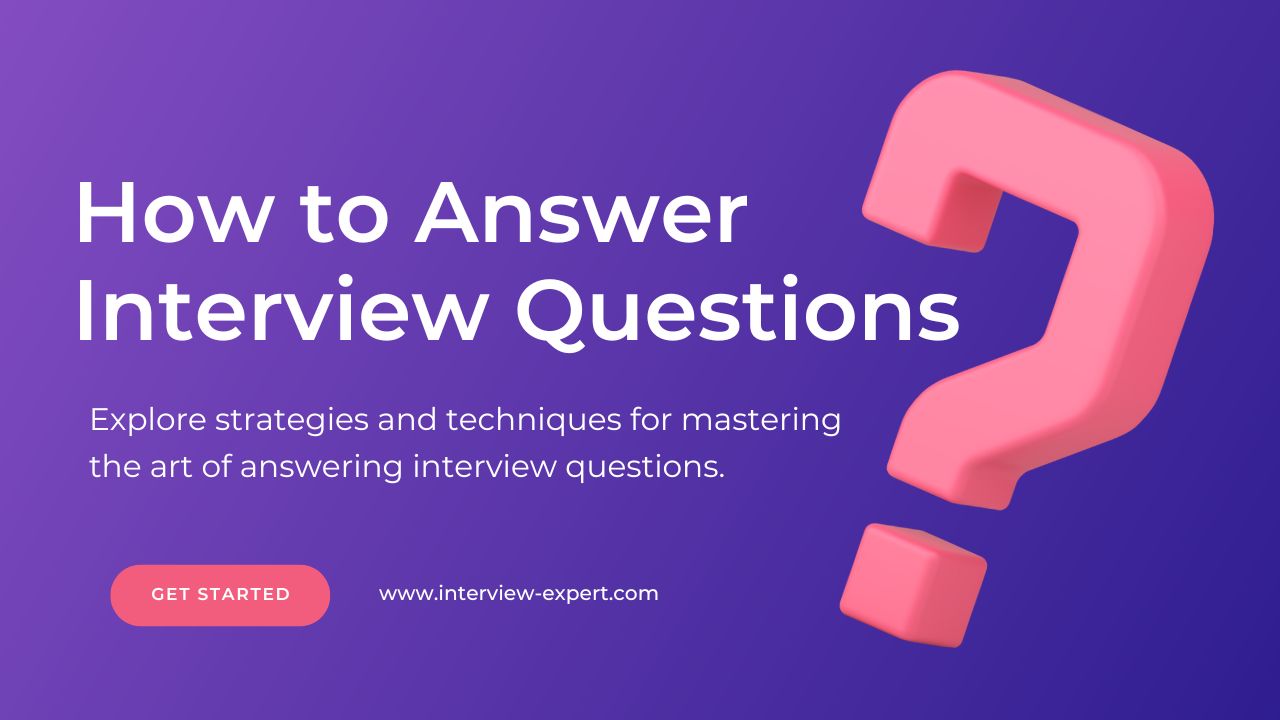
Interviews are pivotal moments in one’s career journey. They serve as gateways to opportunities, enabling individuals to showcase their skills, experiences, and personality to potential employers. Answering interview questions effectively is paramount in leaving a lasting impression and increasing the likelihood of securing the desired position. This blog will explore strategies and techniques for mastering the art of answering interview questions.
Before delving into specific strategies, it’s crucial to grasp the underlying purpose of interview questions. Interviewers aim to assess various aspects of a candidate, including their qualifications, communication skills, problem-solving abilities, cultural fit, and attitude. Each question serves as a window through which the interviewer evaluates the candidate’s suitability for the role and the organization.
Interviews are crucial in recruitment, providing employers with opportunities to assess candidates’ suitability for a particular role and organization. Central to this assessment is the asking and answering of interview questions. Understanding the purpose behind these questions is essential for candidates to communicate their qualifications, experiences, and potential contributions effectively.
One primary purpose of interview questions is to evaluate candidates’ qualifications and skills relevant to the position. Employers seek to ascertain whether candidates possess the necessary expertise, knowledge, and competencies to excel. Questions may probe candidates’ educational background, professional certifications, technical skills, and practical experience. By providing insightful responses backed by concrete examples, candidates can demonstrate their suitability for the position and differentiate themselves from other applicants.
Interview questions often include scenarios or hypothetical situations designed to assess candidates’ problem-solving abilities and critical thinking skills. These situational questions present candidates with challenges or dilemmas they might encounter in the workplace and gauge their approach to resolving them. Employers are interested in candidates who can analyze complex situations, identify viable solutions, and make informed decisions under pressure. Candidates can showcase their problem-solving prowess and adaptability by articulating their thought processes and rationale behind their responses.
Another crucial aspect of interview questions is to evaluate candidates’ cultural fit within the organization. Employers seek individuals whose values, attitudes, and work ethic align with the company’s culture and ethos. Questions may delve into candidates’ values, work preferences, and teamwork abilities to gauge their compatibility with the organizational culture. Candidates can demonstrate their cultural fit by expressing enthusiasm for the company’s mission and values, showcasing alignment with its work environment, and highlighting experiences that reflect their collaborative nature.
Effective communication is fundamental in any professional setting, and interview questions serve as a means to assess candidates’ communication skills. Employers seek candidates who can articulate their thoughts clearly, express themselves concisely, and engage in meaningful dialogue. Interview questions allow candidates to convey their ideas, experiences, and achievements compellingly. By communicating confidently, maintaining eye contact, and structuring their responses logically, candidates can demonstrate their ability to communicate effectively, a skill highly valued in today’s workplace.
Interview questions also aim to uncover candidates’ personality traits, motivations, and career aspirations. Employers seek individuals who possess the requisite skills and exhibit qualities such as resilience, adaptability, and a passion for growth. Questions may delve into candidates’ interests, past experiences, and long-term goals to gauge their fit within the organization and potential for professional development. Candidates can leverage interview questions to showcase their enthusiasm for the role, alignment with the company’s mission, and commitment to continuous learning and improvement.
Thorough preparation is the foundation of effective interview responses. Research the company’s culture, values, products/services, and recent developments. Understand the job description, requirements, and the specific skills and competencies the employer seeks. This knowledge forms the basis for tailoring your responses to align with the company’s needs and ethos.
Interview questions can be categorized into several types, including behavioral, situational, technical, and general. Behavioral questions explore past experiences and actions; situational questions assess problem-solving abilities; technical questions evaluate job-specific knowledge; and general questions cover strengths, weaknesses, and career goals.
One practical approach to answering behavioral and situational questions is the STAR method: Situation, Task, Action, Result. Begin by describing the situation or task you encountered, outline your actions to address it, and conclude by highlighting your actions’ positive results or outcomes. This structured format ensures clarity and provides a comprehensive understanding of your capabilities.
Incorporate relevant examples from your past experiences to substantiate your responses. Whether discussing your strengths, accomplishments, or problem-solving abilities, real-life examples lend credibility to your claims. Ensure these examples are concise and pertinent and demonstrate the skills and qualities the employer seeks.
Listen attentively to each question during the interview, ensuring you understand it thoroughly before responding. Take a moment to organize your thoughts, and then provide clear, concise answers. Avoid rambling or veering off-topic, and focus on addressing the core of the question. Practice active listening to pick up on cues from the interviewer and tailor your responses accordingly.
Practical communication skills are indispensable in job interviews. Among these skills, active listening and clarity are crucial to successful interactions between candidates and interviewers. Active listening involves fully engaging with the interviewer’s questions, understanding them thoroughly, and responding thoughtfully. Clarity, on the other hand, entails articulating responses clearly, concisely, and coherently.
Active listening is the foundation of effective communication in any context, including job interviews. When candidates actively listen to interview questions, they demonstrate respect for the interviewer and a genuine interest in the conversation. Moreover, active listening enables candidates to grasp the nuances of each question, discern the underlying intent, and tailor their responses accordingly. Candidates can glean valuable insights into the interviewer’s expectations and preferences by paying close attention to verbal cues, tone of voice, and body language.
Several techniques can help candidates enhance their active listening skills during interviews. First and foremost, maintain eye contact with the interviewer to convey attentiveness and engagement. Avoid interrupting or formulating responses prematurely, which can hinder comprehension and lead to misunderstandings. Instead, focus on listening intently to the entire question before responding. Paraphrasing or summarizing the question in your own words can confirm understanding and clarify any ambiguities. Additionally, non-verbal cues such as nodding and leaning forward can signal interest and encourage the interviewer to elaborate.
Clarity ensures that interviewers understand and appreciate candidates’ responses. When candidates articulate their thoughts clearly and concisely, they facilitate mutual understanding and convey confidence in their abilities. Clarity also reflects professionalism and attention to detail, which are highly valued traits in the workplace. Conversely, vague or rambling responses can create confusion and undermine the credibility of candidates, even if they possess relevant qualifications and experiences.
Achieving clarity in interview responses requires careful consideration of language, structure, and delivery. Begin by organizing your thoughts before responding to each question, ensuring coherence and logical flow. Avoid jargon or technical terms unfamiliar to the interviewer, opting for clear and straightforward language instead. Use specific examples and anecdotes to illustrate key points and substantiate your claims. Additionally, pace yourself and speak moderately to allow the interviewer to absorb your message effectively.
Mastering active listening and clarity in interview settings requires practice and feedback. Candidates can hone their skills by participating in mock interviews with peers, mentors, or career advisors. Pay attention to areas where you may struggle to maintain active engagement or clarity and seek constructive feedback on improving. Recording yourself during practice sessions can also provide valuable insights into your communication style and areas for development.
Beyond technical skills, employers often seek candidates who align with their organizational culture and values. Use interview questions as opportunities to showcase your cultural fit. Incorporate language and examples that resonate with the company’s values, mission, and vision. Express enthusiasm for the role and demonstrate your eagerness to contribute to the organization’s success.
As the interview draws to a close, ensure you leave a positive impression by summarizing your essential qualifications and reiterating your interest in the role. Ask thoughtful questions demonstrating your genuine interest in the company and its future direction. Thank the interviewer for their time and express your enthusiasm for the opportunity to join their team.
Active listening and clarity are indispensable skills for candidates seeking to excel in job interviews. By actively engaging with interview questions, demonstrating attentive listening, and communicating responses clearly and confidently, candidates can make a compelling impression on interviewers and increase their chances of success. Through deliberate practice, self-awareness, and continuous improvement, candidates can master these essential communication skills and effectively convey their qualifications, experiences, and suitability for the desired role.
Understanding the purpose of answering interview questions is essential for candidates to navigate the interview process successfully. By recognizing that interview questions assess qualifications, problem-solving abilities, cultural fit, communication skills, and personality traits, candidates can tailor their responses strategically to convey their strengths and suitability for the role. Adequate preparation, thoughtful reflection, and confident communication are vital in presenting oneself as the ideal candidate for the position and organization. Ultimately, mastering the art of answering interview questions enables candidates to make a compelling case for why they are the best fit for the job.
Mastering the art of answering interview questions requires preparation, communication skills, and self-awareness. By understanding the purpose of interview questions, leveraging appropriate strategies, and showcasing your skills and experiences effectively, you can confidently navigate interviews and increase your chances of success in securing your desired position. Remember, each question presents an opportunity to demonstrate your value and fit for the role and organization.
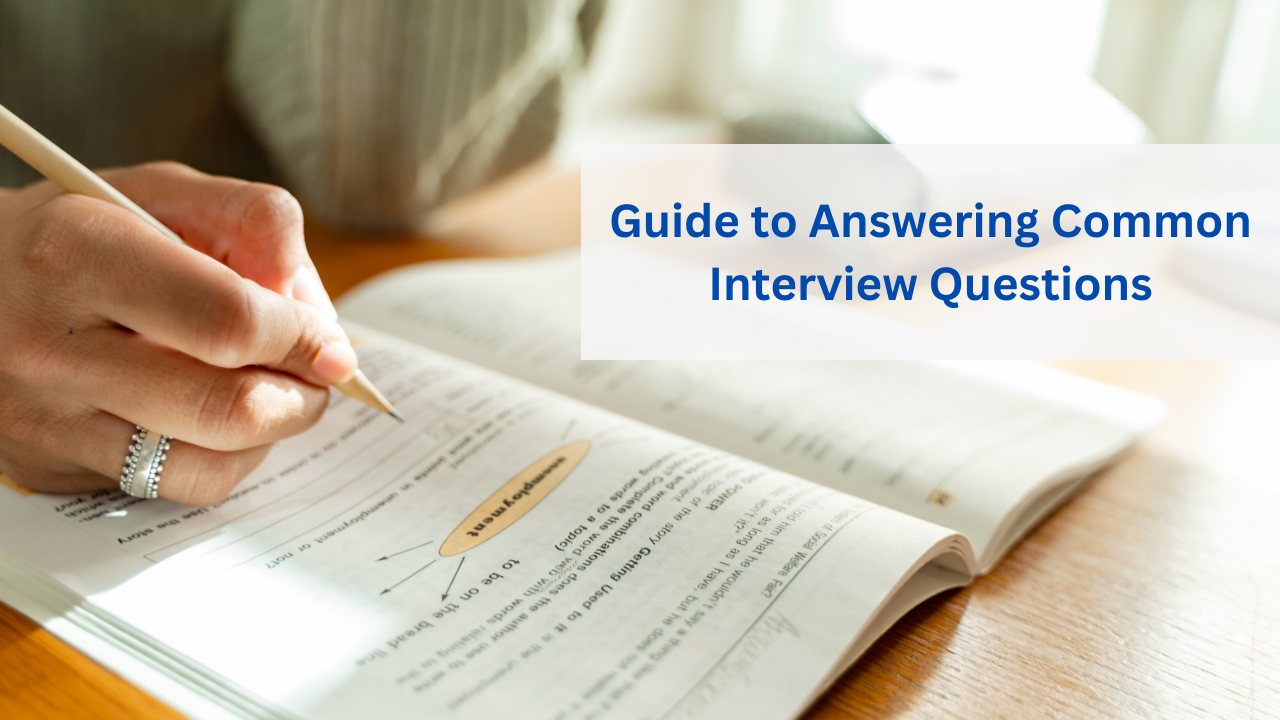
2 weeks ago, admin

2 months ago, admin
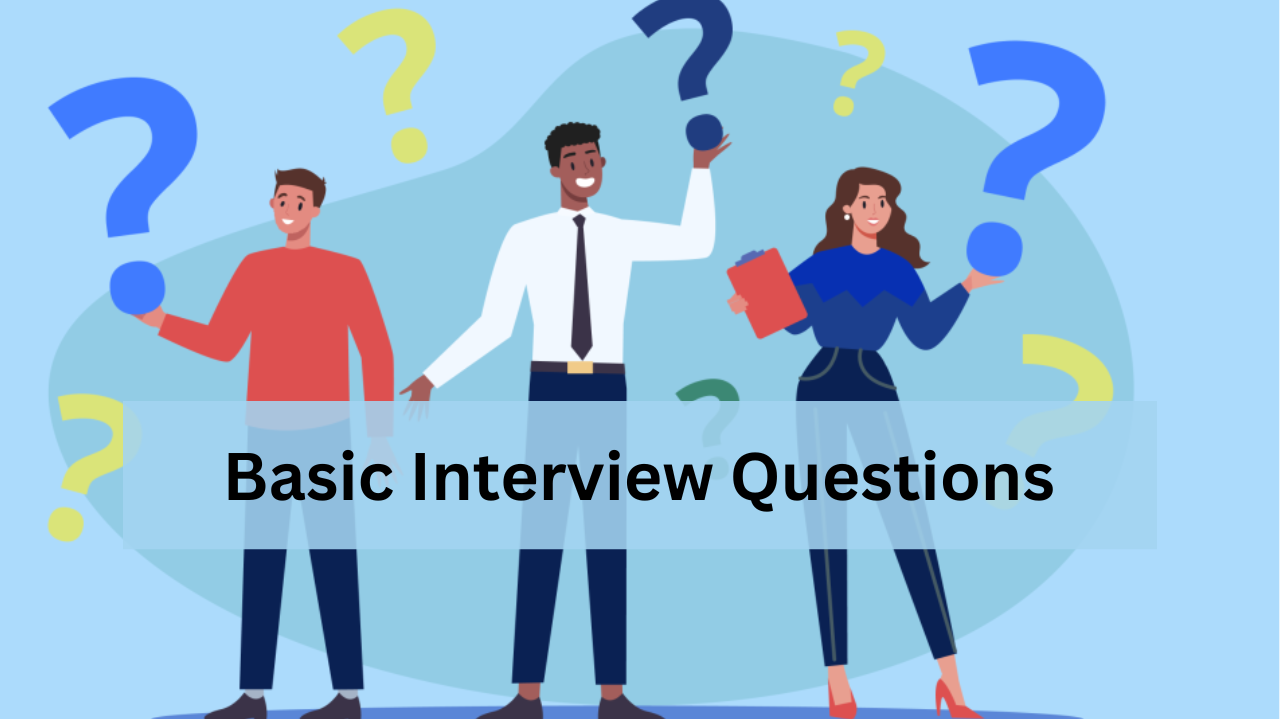
3 months ago, admin
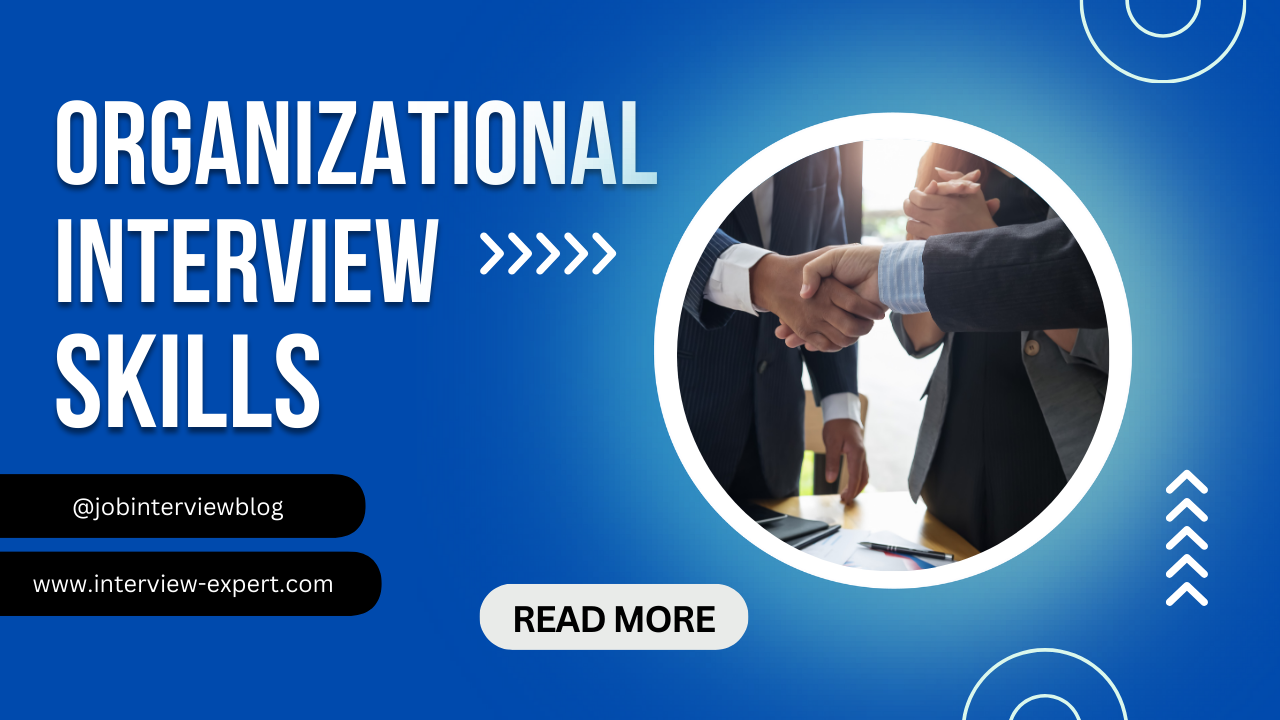
14 hours ago, admin

3 days ago, admin
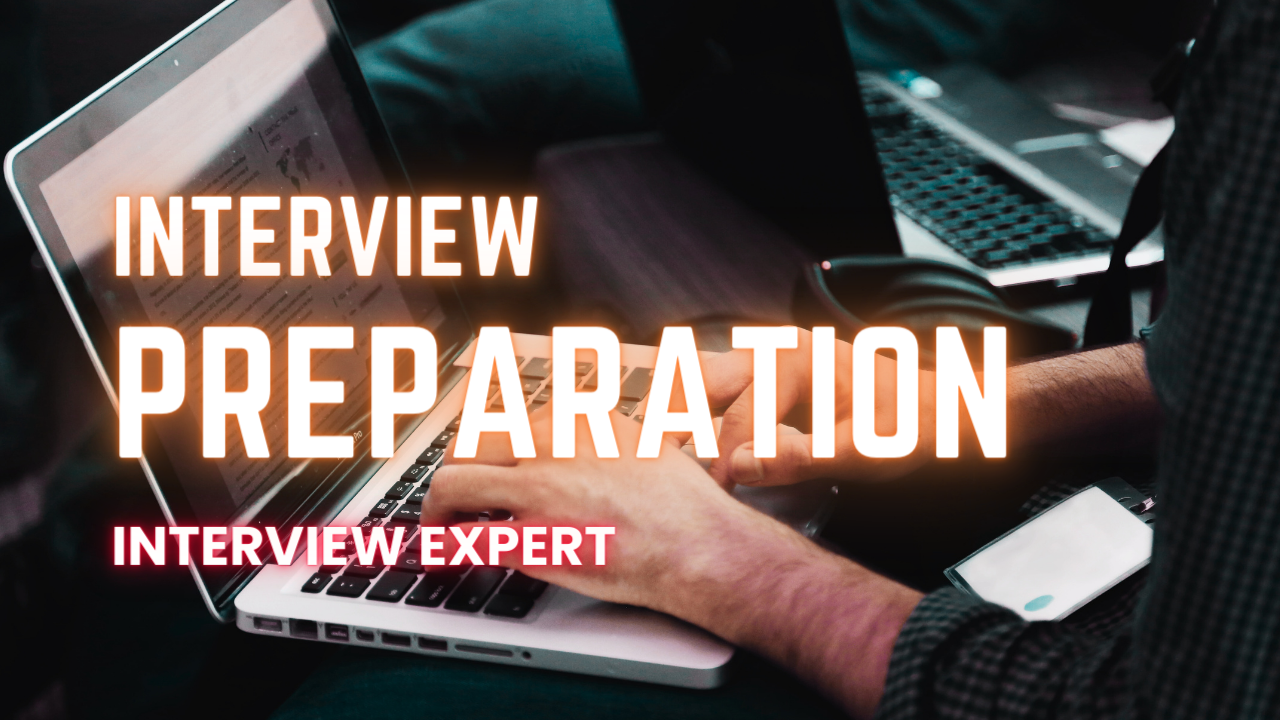
1 week ago, admin

2 weeks ago, admin
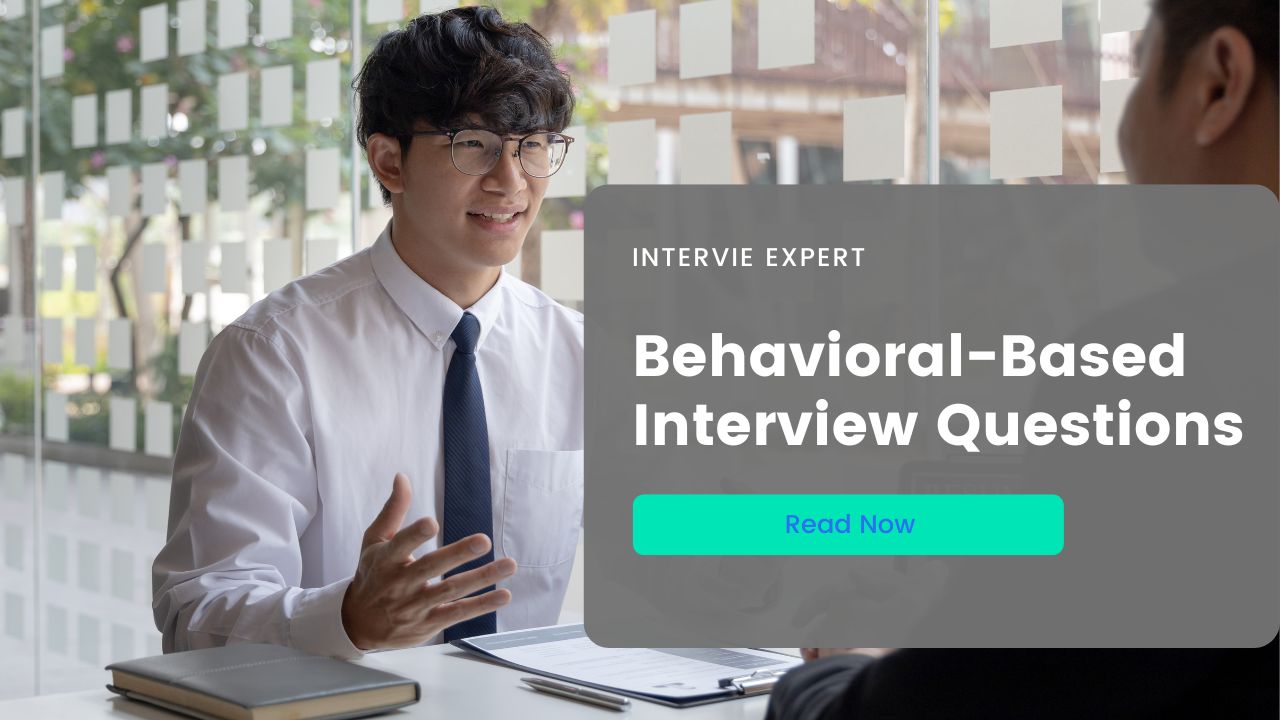
2 weeks ago, admin